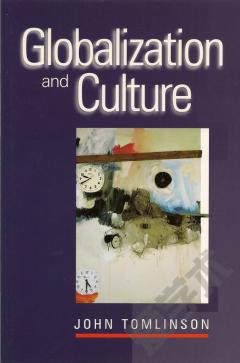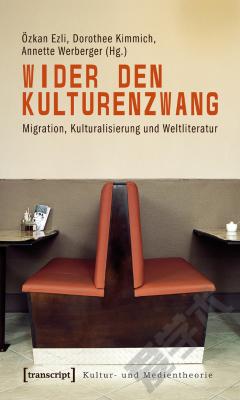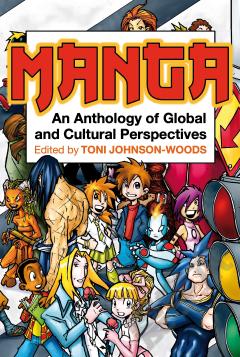The Novel and the Globalization of Culture
Bringing together canonical European authors with authors from the Third World, this book analyzes the emergence of the modern global novel, and the way it mirrors the underlying process of cultural globalization. Through detailed readings of Stendhal, Hardy, Conrad, Achebe, and Vargas Llosa, this study reveals how the spread of Western modernity--materially and culturally--has been shadowed by the destruction of traditional societies. These novels focus on the individual tragedies of those who represent pre-modern ways of life; in the process, offering a corrective to Hegel's abstruse philosophy of history. From rural Victorian England to the Malay Archipelago, and from the Igbo heartland in Africa to the backlands of Brazil, a global narrative unfolds, one where the forces of modernization clash with the defenders of traditional society. Moses contributes to the ongoing debate on Alexandre Kojève and the "end of history", while, at the same time, moving beyond sterile oppositions--canonical versus non-canonical works, formal literary criticism versus political/historical critique. With its new conceptualization of modernity and globalization, this book will interest the literary scholar, cultural critic, social scientist, and political theorist.
{{comment.content}}








 京公网安备 11010802027623号
京公网安备 11010802027623号